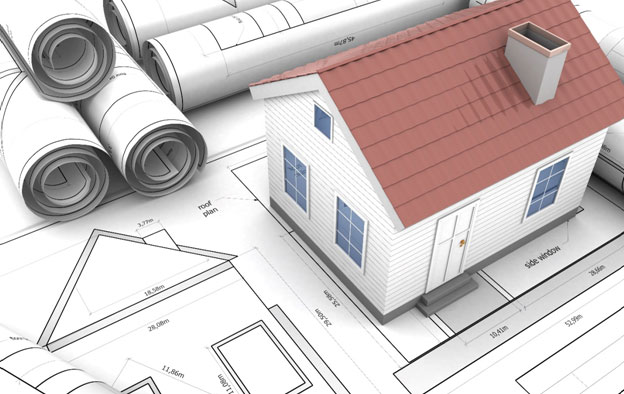Construction and installation: Builders can carry out the physical construction and installation of home modifications, such as ramps, grab bars, or lifts. They can also ensure that modifications are installed safely and in accordance with relevant building codes and standards.
Project management: Builders can manage the entire process of home modifications, from design to completion. They can coordinate with other professionals involved in the project, such as occupational therapists, and ensure that the project stays within budget and on schedule.


